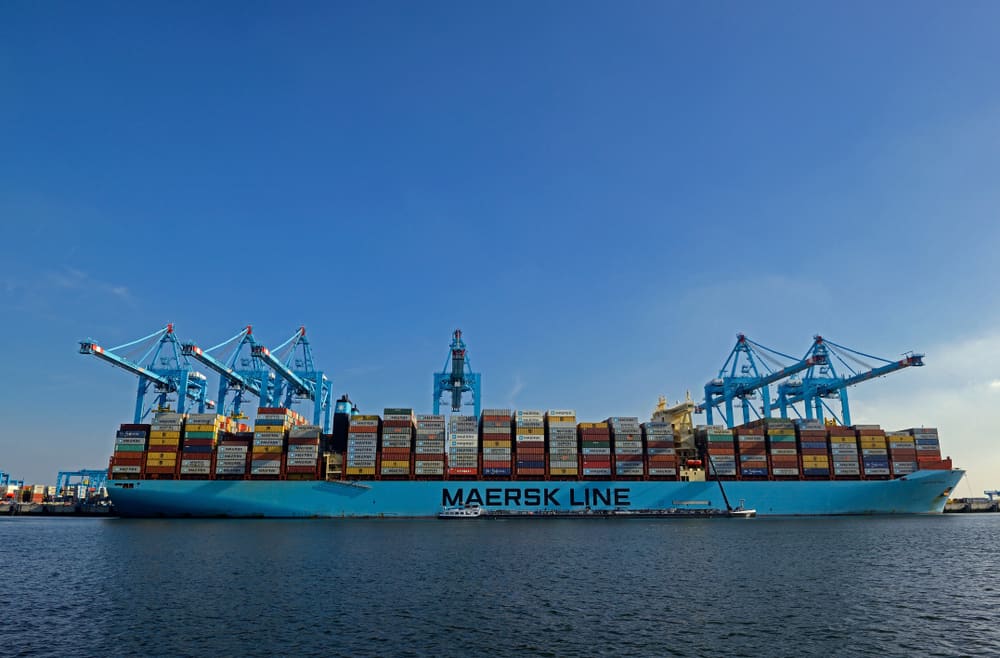Maersk is concentrating on combating overbookings in controversial ways. Yesterday, June 25th, 2019, Maersk released their long awaited new booking tool called Maersk Spot.
In essence, the tool is a platform that allows online bookings, but with a very significant differentiator that sets it apart from all other online booking tools: it serves to combat the issue of overbookings and rolled cargo. According to Maersk.com, “with the launch of Maersk Spot, [the company] aims to introduce a truly online product that can break the cycle of overbookings and offer a much simpler way to ship a container with load guarantee.”
So, what is controversial about combating the problem of overbookings and rolled cargo?
With Maersk Spot, Maersk will be reimplementing the loathed concept of imposing penalties for unused space booked through the platform. These penalties pose a big problem for commodities shippers, especially those involved with resin and plastic scrap shipments. These shippers often book space in advance. For example, they will request the space for 10×40’HC for the next six weeks moving from Houston to Shanghai, but won’t always fill the amount of space they booked. The reason for doing this, and the reason that the space could potentially go unused, is because these shippers know they will have regular shipments on that lane, but they won’t know how much product will be purchased (or shipped) until much closer to the sailing date. By that time, all potential space could be booked for their target vessel sailing. Therefore, they need to book enough space in advance in order to meet their orders, but the orders may not always match the amount of space booked – hence, unused space.
Many factors come into play, usually simultaneously, when product is being shipped: letters of credit are being finalized, product is being purchased, booking windows close, and cargo cut-off dates approach. Therefore, it is impossible for many commodity shippers to know exactly how many containers they will be shipping for every booking. For carriers, like Maersk, to charge penalties for unused space simply puts an unfair burden on many shippers who will inevitably incur this penalty for almost every booking they make through the platform.
But, its not all bad news with the launch of Maersk Spot.
The twist with Maersk Spot is that, unlike what we’ve seen in the past with unused space penalties, Maersk will guarantee the space booked through the platform – i.e. the company will be obligated to pay a penalty for unloaded (rolled) cargo. This comes as a comfort to commodity shippers as commodities shipments like resin, plastic scrap, and paper are the first to be rolled due to their high volume and low-cost.
No matter one’s opinion of the tool, there is one thing we can all agree on: the vicious circle of overbookings must end.
It is a catch 22, because if space is booked but carriers are left with empty slots on their vessels (i.e. unused space), then they must allow for overbookings of up to 30% of vessel space to compensate for what won’t be shipped. Once the vessel space is finally confirmed, there are many bookings left over (i.e. overbookings) that will need to be rolled to the next vessel. Then, the cycle continues. If Maersk Spot is able to combat this problem, then it could be a change for the better.
The platform has already been implemented on all trade lanes globally, save for U.S. imports and exports, which are forecasted to be released in the upcoming weeks.




